Birth control is any method used to prevent pregnancy. If you have vaginal sex without birth control, you could get pregnant—even if you haven't started having periods again. You're less likely to get pregnant while breastfeeding, but it's still possible. Finding birth control that works for you can help avoid an unplanned pregnancy.
There are many kinds of birth control. Each has pros and cons. Find what works for you. Talk to your doctor if you've just given birth or are breastfeeding.
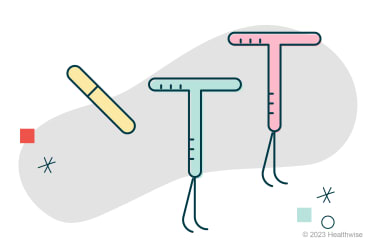
Long-acting reversible contraception (LARC). These are placed inside your body by a doctor. They can prevent pregnancy for years.
Examples include:
- An implant (hormonal).
- Copper intrauterine device (IUD).
- Hormonal IUDs.
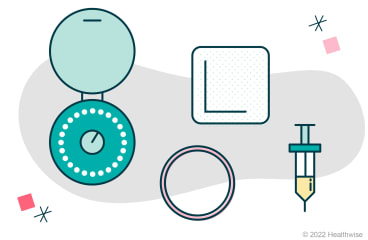
Short-acting hormonal methods. These release hormones. Examples include:
- Combination birth control pills ("the pill").
- Skin patches.
- A vaginal ring.
- A shot.
- Mini-pills. Choose progestin-only options soon after giving birth.
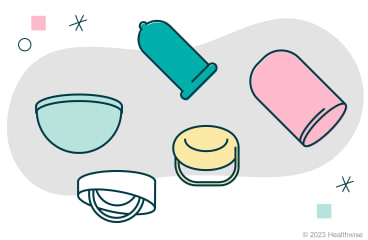
Barrier methods. Use these every time you have vaginal sex.
Examples include:
- External (male) condoms.
- Internal (female) condoms.
- Diaphragms.
- Cervical caps.
- Sponges.
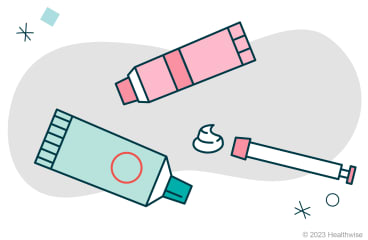
Spermicides. These kill sperm or stop sperm from moving. They can be gels, creams, foams, films, or tablets. Use them before vaginal sex.
Examples include:
- Nonoxynol-9.
- pH regulator gel.
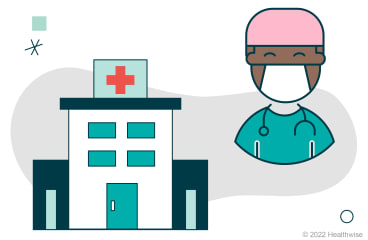
Permanent birth control (sterilization). This can be an option if you're sure that you don't want to get pregnant later.
Examples include:
- Vasectomy.
- Having tubes tied (tubal ligation).
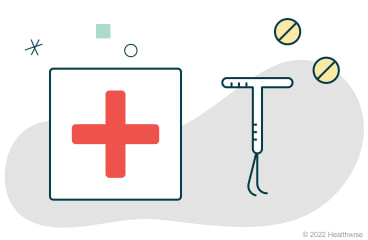
Emergency contraception. This is a backup method. Use it if you didn't use birth control or your birth control method failed.
Examples include:
- Copper and hormonal IUDs.
- Emergency contraceptive pills.
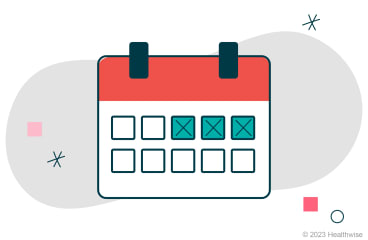
Fertility awareness. You'll learn when you are most likely to become pregnant (are fertile). You can avoid vaginal sex at that time.
It's also called:
- Natural family planning.
- The rhythm method.

Breastfeeding. This is most effective when all of these are true:
- Your baby is younger than 6 months old.
- You're breastfeeding and not bottle-feeding at all.
- You aren't having periods.
Follow-up care is a key part of your treatment and safety. Be sure to make and go to all appointments, and call your doctor if you are having problems. It's also a good idea to know your test results and keep a list of the medicines you take.
Where can you learn more?
Go to http://www.healthwise.net/patientEd
Enter X408 in the search box to learn more about "Learning About Birth Control After Childbirth".
Current as of: April 30, 2024
Author: Ignite Healthwise, LLC Staff
Clinical Review Board
All Healthwise education is reviewed by a team that includes physicians, nurses, advanced practitioners, registered dieticians, and other healthcare professionals.

